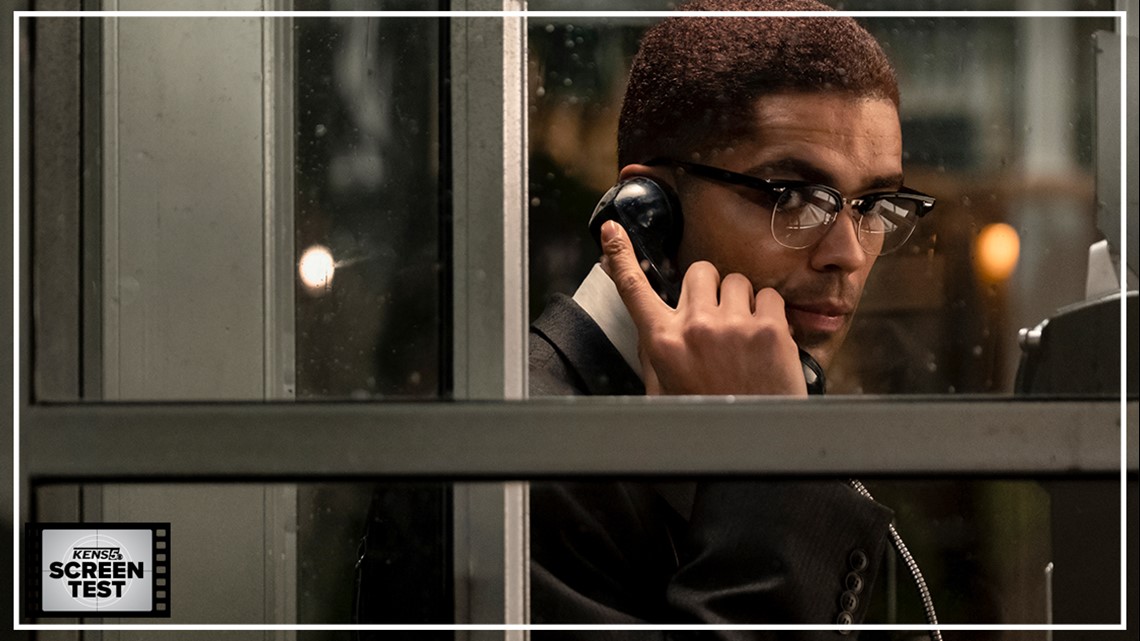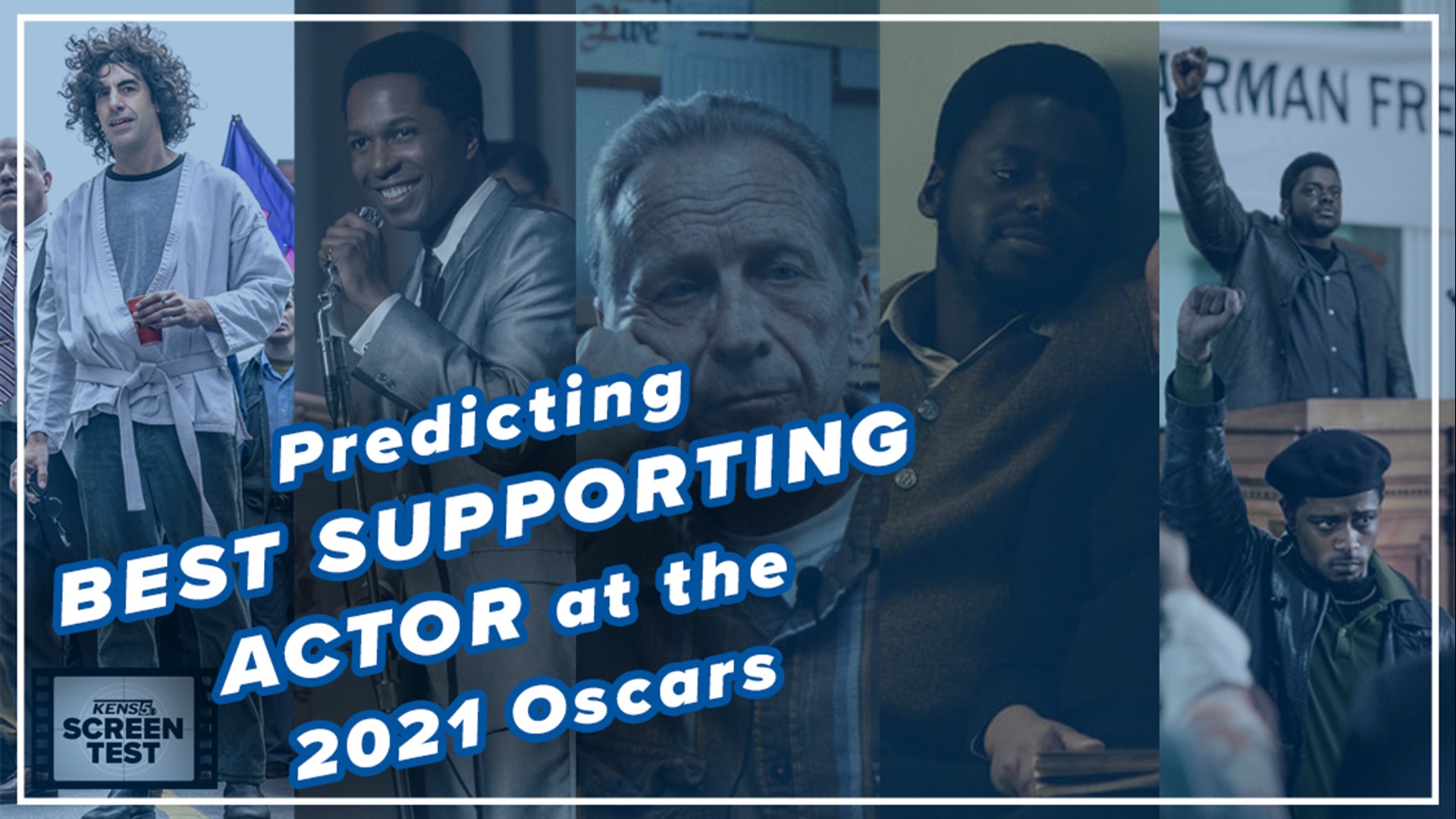You’d be hard-pressed to deny that Regina King knows a thing or two about captivating her audience. Having spent the last three decades shaping an acting career on screens big and small – her consistency capped off by collecting an Oscar, a Golden Globe and two Emmys since 2018 – the Los Angeles native now embarks on a new career branch that’s looking as sturdy as any other with her electrifying feature directorial debut, “One Night in Miami,” an adaptation of Kemp Powers’s stage play about Black resilience and responsibility (he returns to adapt his own story for the screen). The movie infuses its origins with a cinematic vigor so smooth that you’re unlikely to notice it going down until it’s hit you in the gut.
A fantasy in its plot specificities though certainly not in its thematic insights, the movie posits that four titans of American history – Malcolm X, Cassius Clay, Jim Brown and Sam Cooke – once shared a 1964 evening in the same space, and duly imagines the discussions, arguments and concessions that would’ve unfolded between them, using their positions as Black celebrities as a launching point. In more ways than one, “One Night in Miami” is about the virtues of acting, making its case with sterling performances across the board and triumphantly confirming that, yes, King knows a thing or two about captivating her audience. But she’s just as fluent in what it takes to persuade us. “Anybody that has a soul can have that soul tapped into,” Leslie Odom Jr.’s Cooke says at one point, and right there we’ve got this movie’s modus operandi.
The bulk of the story centers on the conversational tête-à-têtes between our four co-leads, but before bringing them together, King and Powers – my, does their collaboration match the mightiness of their surnames – introduce each character in individual vignettes, allowing us to get a feel for how much room they have to roam in white spaces before perspectives collide. We get a feel for each remarkable actor’s approach, too—Eli Goree’s restless confidence as Clay; Kingsley Ben-Adir’s calculated grace as Malcolm X; Aldis Hodge’s pensive gravitas as Brown; Odom Jr.’s silky charm as Cooke. The way one actor’s work contrasts the next while imbuing those juxtapositions with hefty sociopolitical context is the first hint of King’s behind-the-camera ability. You don’t get performances this varied that uniformly reaching a high benchmark of attention-snatching magnetism in your movie (that stretches beyond the core quartet) without a skilled director leading the way.
But it’s when the four come together to celebrate Clay’s historic defeat of Sonny Liston that the material kicks into high gear, with the force of history steering its agile swerves. It’s utterly appropriate that “One Night in Miami” is first and foremost a showcase of performances, because it also comes to be about how performance and self-awareness factors into each of our character’s lives, occupations, needs and desires. And Powers’s dialogue crackles with a tangible empathy that doesn’t contradict the stature of these men, but fortifies it. Thus, the pieces are in play for a philosophical chess match that examines each icon’s link to fame with verve and thoughtful consideration. What begins as a jovial gathering becomes testy as elation gives way to personal and interpersonal reckonings, situated primarily by Malcolm X’s quietly nurturing Clay into the Islam faith; there’s much to glean from the way Goree mutes the newly minted champion’s characteristically loud playfulness as he considers the change he’s about to make.
That reverberates into a fiery debate between Malcolm X and Cooke, whom the activist accuses of suppressing his musical gifts in order to appease the white audience at the Copacabana when he could be bolstering Black liberation efforts. The singer retorts that Malcolm X’s rhetoric crosses the line into something other than liberation, and as Tami Reiker’s camera begins to be more purposefully nimble in visualizing the group’s evolving standing to each other, “One Night In Miami” starts fashioning itself into a chamber piece informed (and transformed) by everything happening outside the chamber in question: a hotel room that seems to swell and retract in size, in accordance with the passions these walls have found themselves playing host to. The coordination between the cinematography and editing is a low-key triumph.
While it’s partially a result of being given the most to work with, Ben-Adir submits the movie’s deepest performance; there’s subtle intention in the way that doubt draws back his lips as he taps (there’s that word again) into Malcolm X’s soulful weariness. The work put in here by Ben-Adir, mostly known for TV roles up to this point, is chillingly vulnerable as he replicates his character’s authoritative gaze; it’s as if he can peek decades into the future. Hodge’s commanding take on Brown, meanwhile, evokes a protectiveness that’s fertile ground for steely resolve and unexpected humor.


But something new is coming for the NFL star as well. All it takes is noticing the date in which the movie is set – Feb. 25, 1964, in the final months of Malcolm X and Cooke’s lives, and in the final days of Cassius Clay being known as Cassius Clay – to recognize that the slow rumble of impending change constantly being felt at our characters’ feet and in their voices is no accident. “One Night in Miami” doesn’t settle for simply granting us the space to kick back and sink into the endlessly enjoyable dynamic being shared by these characters, though that’s certainly the drawing card; rather, it’s through the deft exploration of their specific relationships to the struggle of Black people that King’s film radiates with timeline-shrinking vitality. At the same time, this remarkable movie also challenges the enduring Hollywood idea that all Black perspectives are cut from the same cloth.
As assured and stunningly realized as “One Night in Miami” is throughout, its final moment may be its most confident—a subtle, dialogue-less splintering of the fourth wall capping a climactic montage that makes good not just on individual characters, but on the tangible brotherhood that links them. Here is the final indication that King has the goods to have a fruitful career as a movie director: She has shepherded clear and present earnestness not just externally, but internally as well. It’s a joy to be wrapped up in it. It’s a joy to observe King tap into that soulfulness.
"One Night in Miami" is rated R. It will be available to stream via Prime Video on Friday.
Starring: Kingsley Ben-Adir, Eli Goree, Aldis Hodge, Leslie Odom Jr.
Directed by Regina King
2021
OTHER SCREEN TEST REVIEWS:
- ‘MLK/FBI’ Review: Shedding new light on a civil rights icon’s relationship to a country working overtime to silence him
- ‘The Dig’ Review: Netflix’s scattershot archaeology drama is an expedition with little to discover
- ‘I Blame Society’ Review: Cheeky movie-within-a-movie experiment will keep you on your toes
- ‘The Reason I Jump’ Review: The experiences of a person with autism are explored in colorful, spirited, lightly profound new doc
- ‘News of the World’ Review: Tom Hanks travels across post-Civil War Texas in airy, occasionally intelligent Western
- ‘Soul’ Review: Pixar prioritizes concept over character in its most literal meaning-of-life tale yet
- The best movies of 2020

